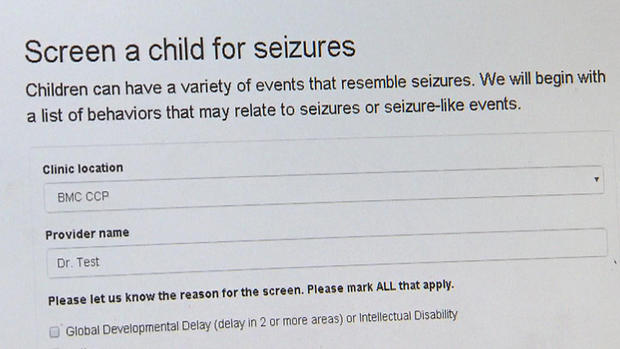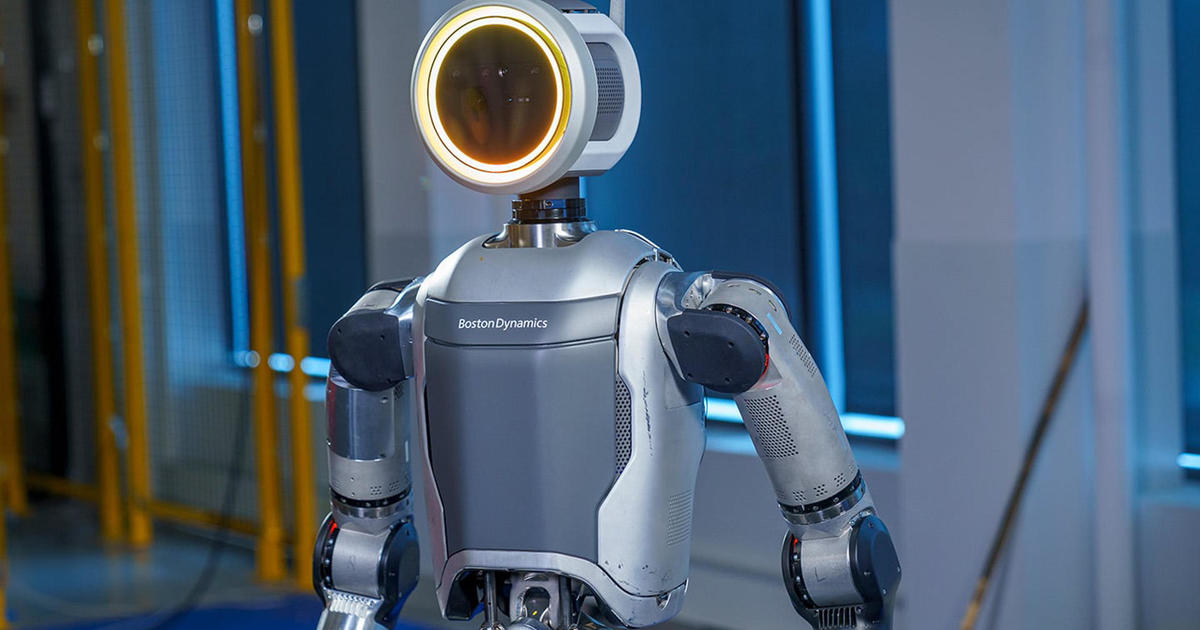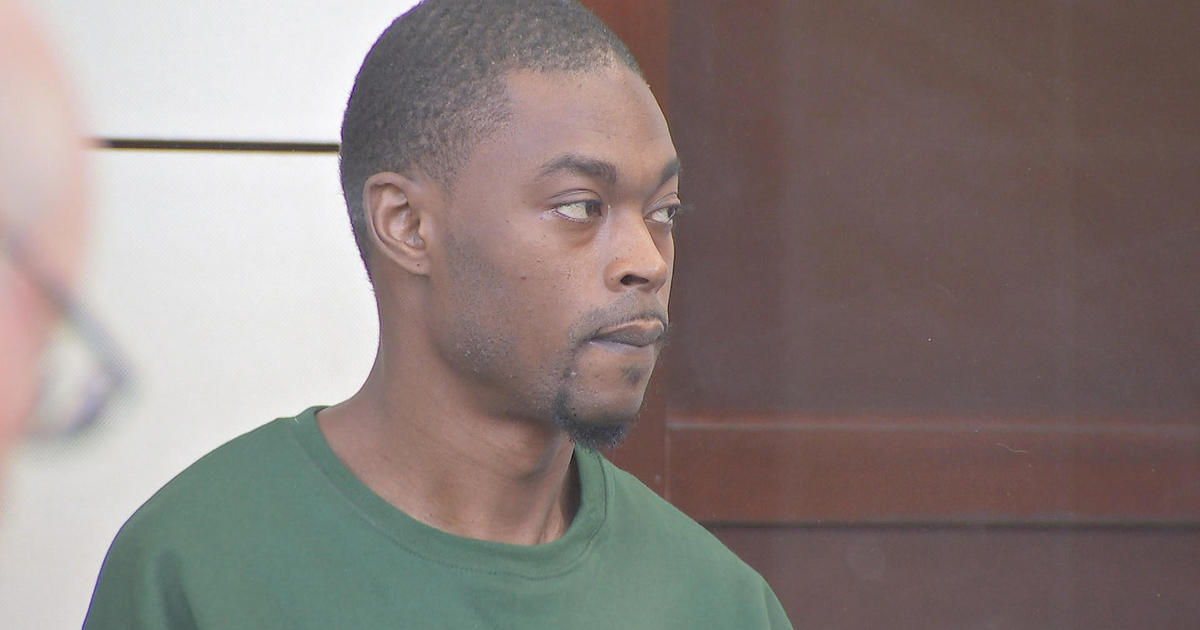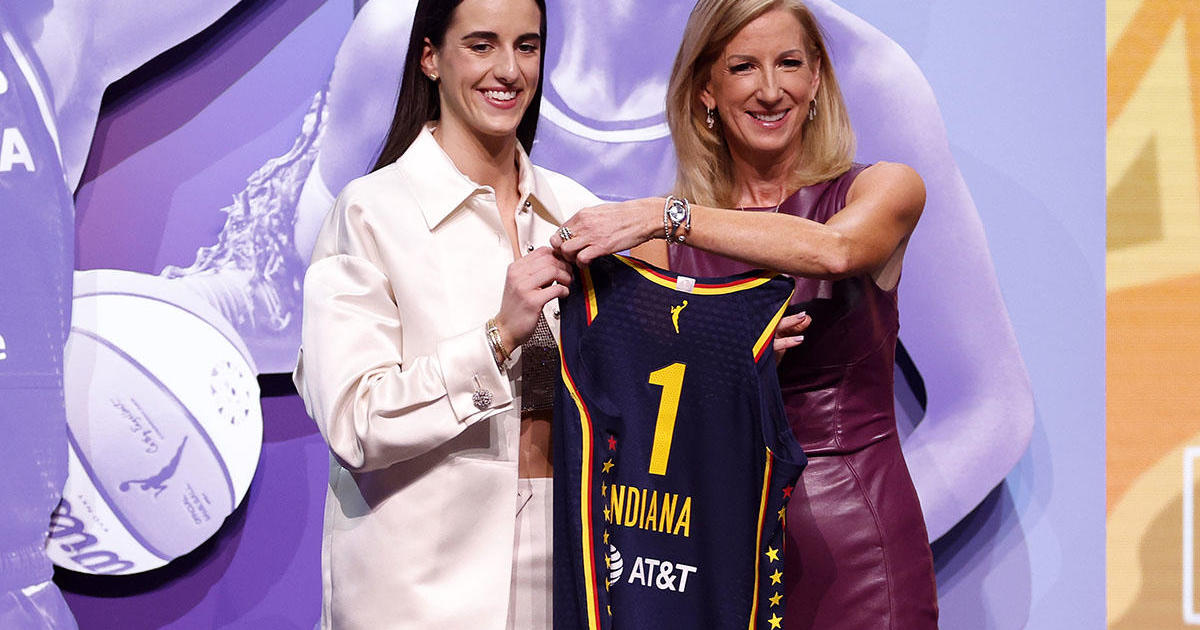Boston-Based Telemedicine Program Helping Diagnose Subtle Seizures In Children
BOSTON (CBS) - About three in 1,000 children suffer from seizures, but some seizures can be subtle and hard to identify. Now doctors at Boston Medical Center have developed a program which allows kids with seizures to be diagnosed and treated in a timely fashion.
Sophia Vasta was a completely healthy baby until one morning her mother, Ashley, noticed her daughter making some unusual movements.
"It was just a repetitive twitching," Ashley said. "It was like her shoulder was trying to come to her leg, almost like a half of a crunch."
Sophia had a routine doctor's appointment that day so Ashley asked her pediatrician about it.
"I could tell it was a little bit of a red flag when I mentioned it," she recalled.
Concerned she might be having seizures, the pediatrician gave Ashley an online questionnaire. Based on the responses, Sophia was immediately referred to Dr. Laurie Douglass, a pediatric neurologist at Boston Medical Center.
Dr. Douglass says most people can recognize a typical seizure, but many can be much more subtle than that.
"It could be as simple as a staring spell," said Dr. Douglass. "It could be a funny feeling. It could be some shaking or stiffening in just a part of the body. It could be an altered awareness, like a confusion state."
That means a significant number of kids may go undiagnosed, so Dr. Douglass and colleagues at BMC launched the Telehealth Epilepsy Care Collaborative, or TECC, program at 12 BMC-affiliated health centers.
"If the screening pediatrician suspects autism or an intellectual disability, or they suspect some type of movement that may be a seizure," explained Dr. Douglass, "they perform a seizure screen that takes about two minutes and that comes to my team here, who calls the family right away."
"The seizure screen helped us hone in on whether this was something that was urgent, or whether we could kind of wait a month or two to see if it gets better," said Dr. Andrew Celandine, Sophia's pediatrician.
In Sophia's case, it was urgent. Within 48 hours, she was diagnosed with a rare form of epilepsy called infantile spasms, which if not treated early, can lead to significant developmental delays.
Now 9 months old, Sophia continues to have some seizure activity, but is meeting most of her developmental milestones.
"It's extremely fortunate that we were able to diagnose her so quickly," said Ashley's dad, Paul.
So far, 200 kids have been screened through the program and 18, including Sophia, have been diagnosed with seizures.




